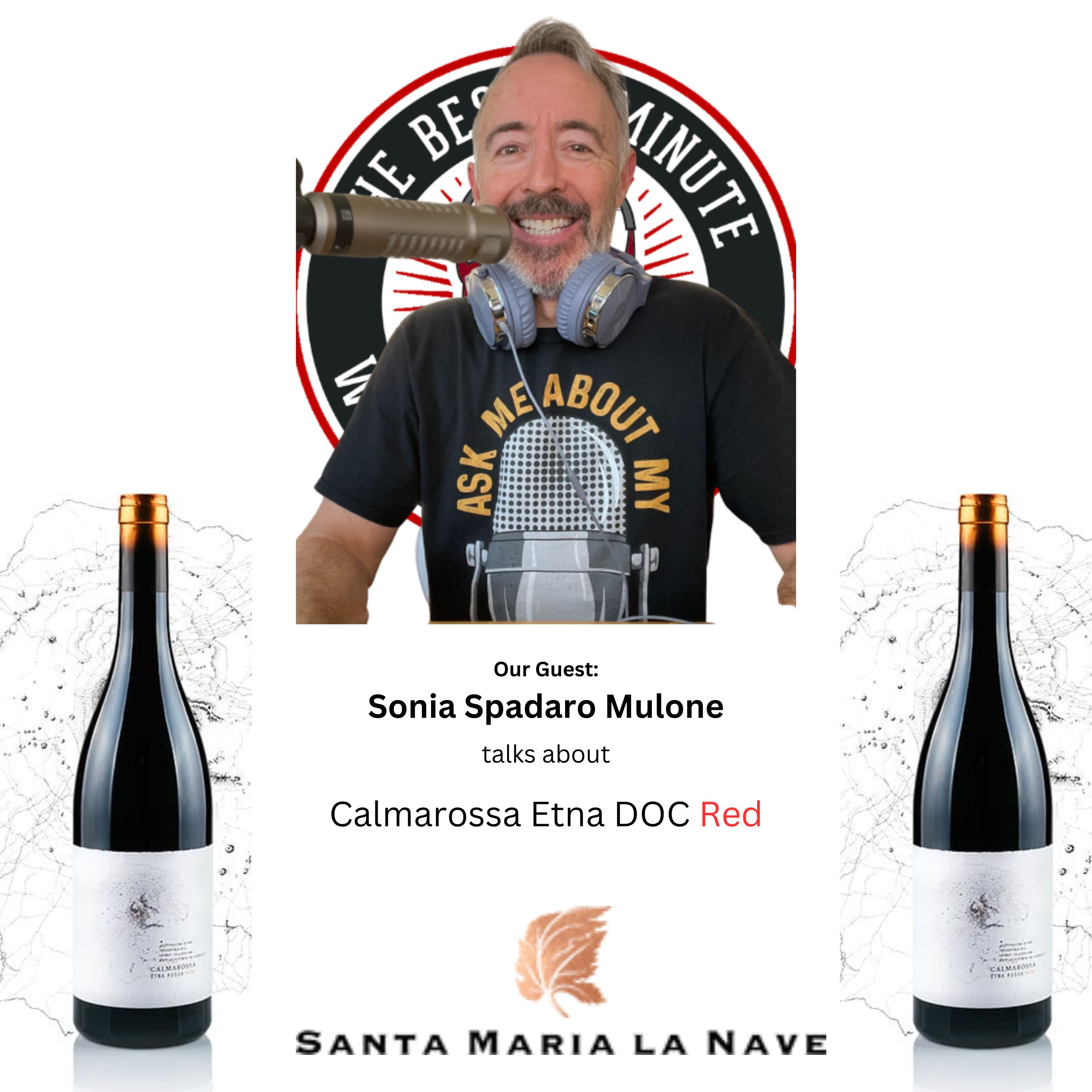Santa Maria La Nave - Catania, Italy Pt. 4


We continue talking with Sonia Spadaro Mulone, owner of the charming Santa Maria la Nave boutique winery in Catania, Italy, we delve into the heart of Mount Etna's viticulture. Sonia reveals her mission to preserve the ancient viticulture and native vines of the region, ensuring their legacy for future generations.
Discover the meticulous process of resurrecting nearly extinct indigenous grape varieties, akin to unearthing treasures of the past, and the collaboration with local farmers and academia to protect these rarities. Sonia's passion for archaeology shines through as she likens her work to discovering Tutankhamun in the world of wine.
Learn why Etna's vineyards, untouched by irrigation, yield full-bodied wines distinct in character, mirroring the organic and biodynamic ethos Sonia upholds. A testament to tradition, these wines are crafted without chemicals, staying true to the ancient methods taught by the venerable Don Alfio.
From planting Grecanico Dorato grapes in 2004 to the momentous release of their first bottle, Sonia's journey is a testament to patience and dedication. Join us as we explore the unwavering commitment to authenticity that defines Santa Maria la Nave.
Your Host: Forrest Kelly is an experienced Radio/TV broadcaster who has interviewed some of Hollywood’s biggest celebrities, from Garth Brooks to Kevin Costner. A lover of wine who is fascinated by the science behind it.
Voted One of The Best Travel Podcasts and Top 5 Minute Podcasts.
Hosted by Simplecast, an AdsWizz company. See pcm.adswizz.com for information about our collection and use of personal data for advertising.
